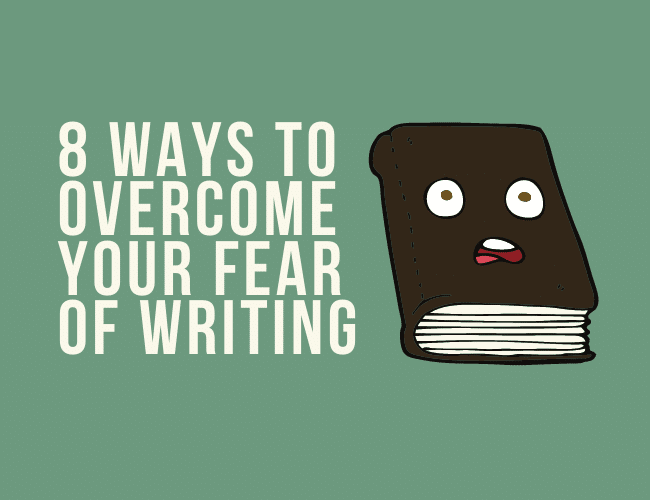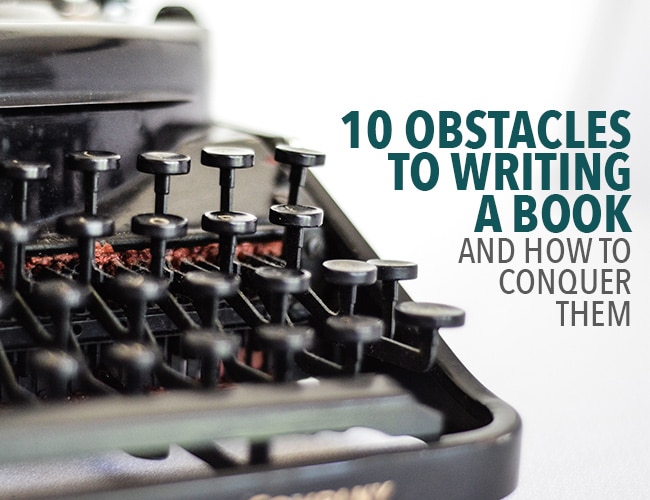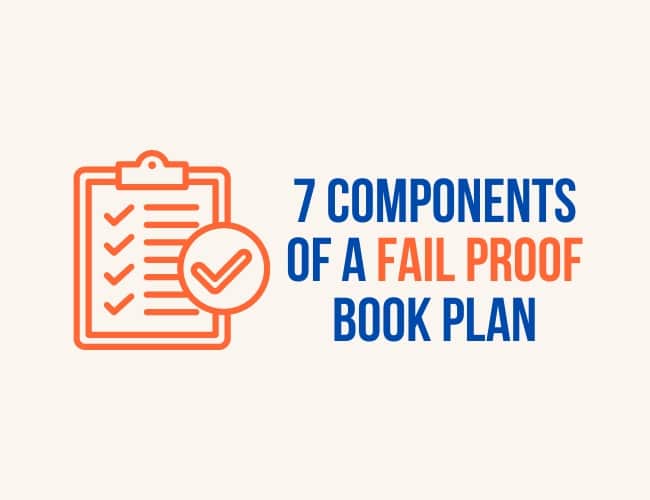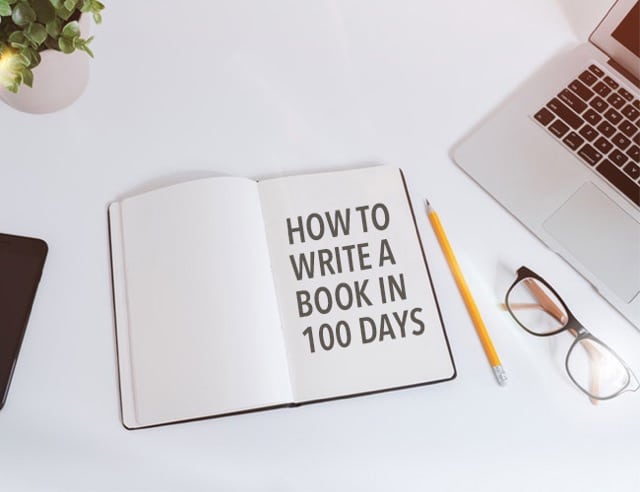
by Sarah Gribble |
Today I want to talk about fear. Fear of writing, fear of sharing your work, fear of publishing—and how you can overcome it.
Writers face fear on a day-to-day basis.
The self-doubt. The fear of failure. And, oh, the vulnerability.
Writing is hard enough with all the self-evaluation and doubt about your abilities. But then sharing your work with other people so they can critique or review it? CRINGE.
When you sink into that fear it debilitates you. If you let fear hold you back, you’re ensuring you never achieve your goals. You’ll never write that book and you’ll never get published. All because you were too scared.

by Jeff Elkins |
You’ve been thinking about it for months, promising yourself that when it arrives you are finally going to knuckle down and write your manuscript. Then you realize, you have no idea how to prepare to write a book.
It doesn’t matter if you visit your favorite coffee shop or have the best book ideas in the world, if you don’t figure out your ideal writing process, it’s unlikely that you’ll actually finish your entire book.
If you want to be a successful writer, start your book writing process by evaluating your creative process and when and how you produce the best work.
This may seem overwhelming.
Here’s the good news: You don’t have to just jump into it feet first.
There are things you can start doing right now to set yourself up for a solid writing routine and good actual writing that will do your rough draft (or final draft) justice.

by Alice Sudlow |
What does it take to write a book? What obstacles will you face along the way? And if you’re already writing a book, are the challenges you’re facing normal?
Writing a book can be a fulfilling and personally rewarding process, but I think it’s also important to be honest about the challenges you will face. That way, you can prepare ways to overcome those obstacles rather than allowing them to overcome you.

by Joe Bunting |
Some writers balk at the idea of a book plan, and I get it. I tried to write books for years without a plan. Guess how many I finished? Zero. Since I learned how to write and use a book plan, I’ve finished over a dozen books and helped thousands of writers finish their books. You can do it too!

by Joslyn Chase |
Whenever I’m planting a clue in a mystery novel I’m writing, I feel so exposed—like I’m waving a red flag and announcing a clue has been served. Experience has helped lay those fears (mostly) to rest. With skillful weaving into the story, clues and foreshadowing blend in or are seen but soon forgotten by readers.
Without spoonfeeding your audience, you must place all the pieces on the table, allowing readers to actively participate in solving the puzzle. When making your first attempts at writing mystery, it can be difficult to find that balance between too much and too little.
Take a look at our best guide to clues and red herrings here.

by Joe Bunting |
Let’s start with the obvious: You don’t know how to write a book. I’ve written seven books, and I don’t really know how to write a book either. I have a process that works, sure, but with writing, as with many things in life, it’s always when you think you know what you’re doing that you get into trouble.
So let’s just admit right now, you don’t know how to write a book, and definitely not in 100 days, and that’s okay. There, don’t you feel better?





